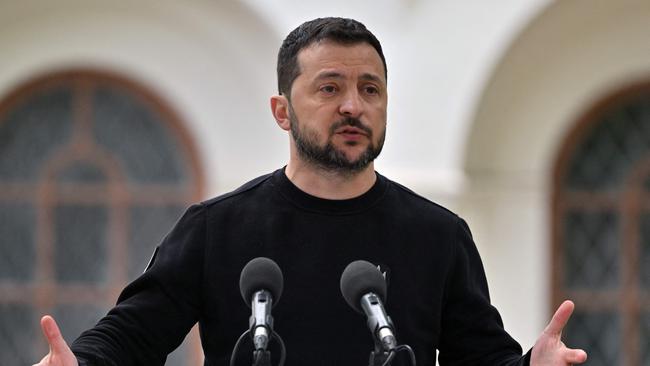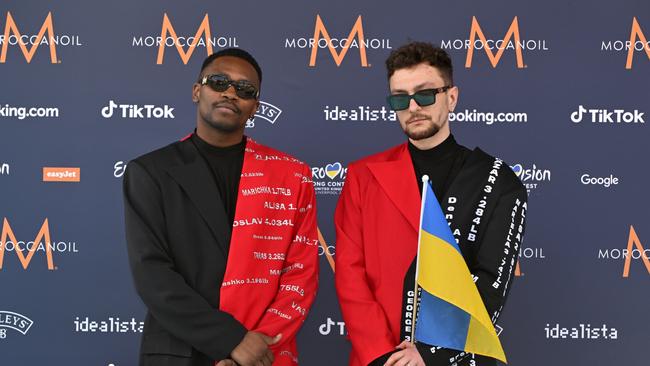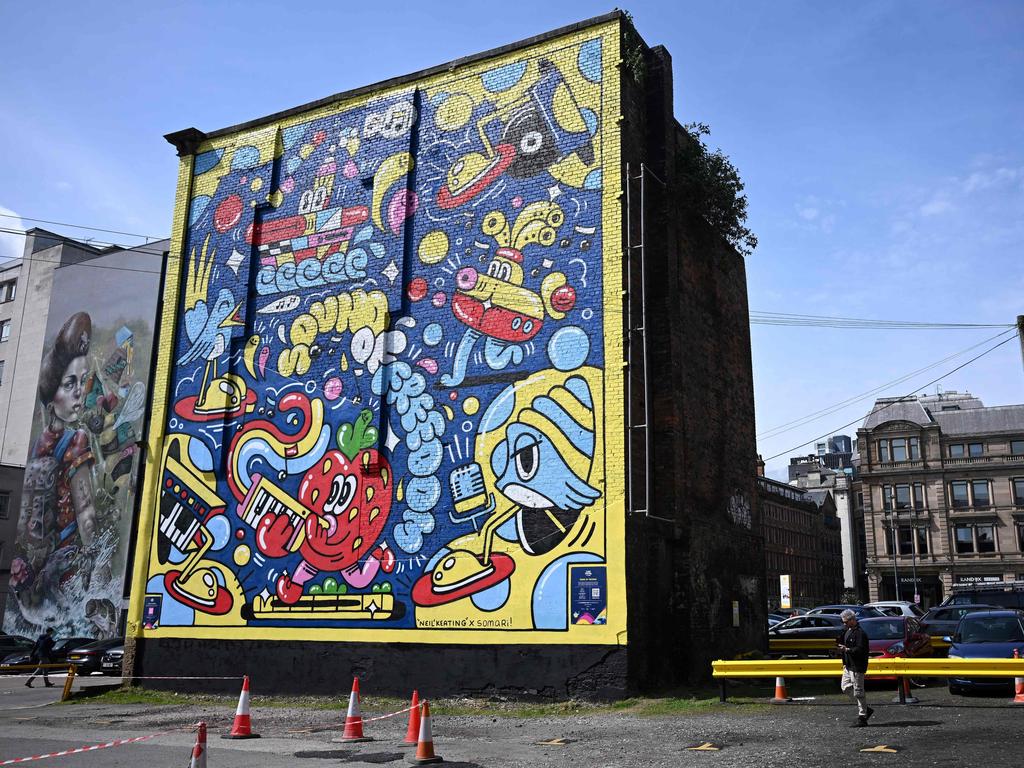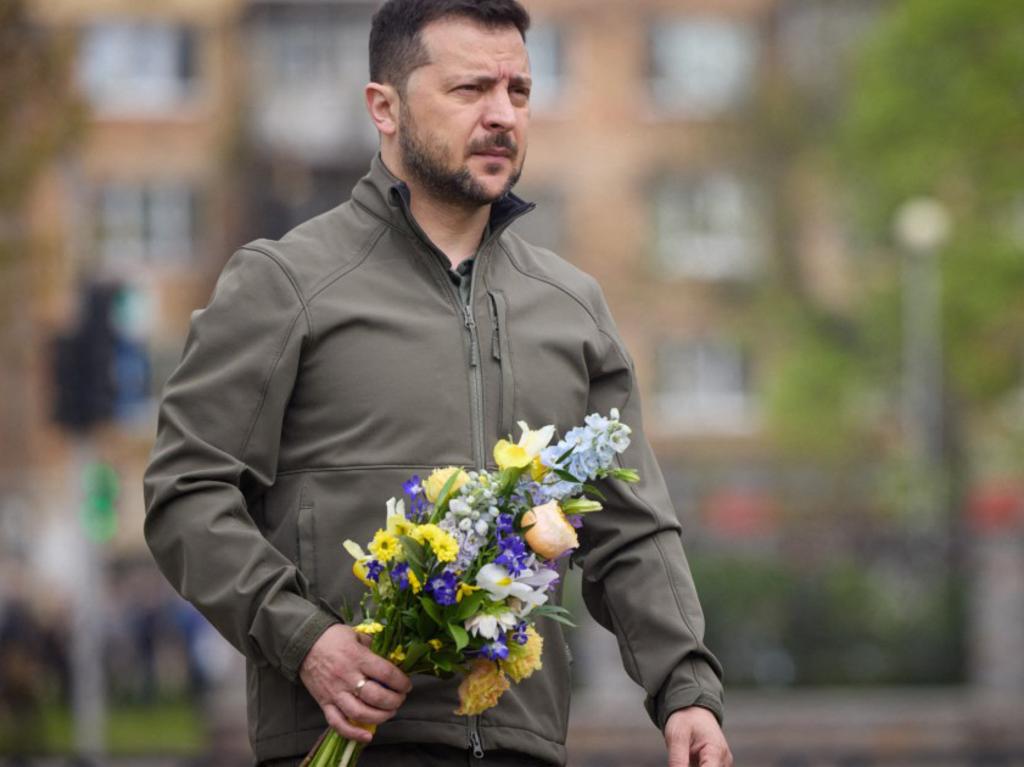Eurovision bars address by Zelensky
Broadcasters rejected Ukrainian president’s request to deliver a video message at the final, fearing the move would politicise the contest.

President Zelensky has been blocked from addressing the world at the Eurovision Song Contest on Saturday by the BBC and other broadcasters.
A request by the Ukrainian president to make a surprise video appearance during the final, in which he was expected to urge the global audience of 160 million viewers to continue their support of the country in the face of the Russian invasion, has been turned down by organisers.
The European Broadcasting Union (EBU), the alliance of more than 100 broadcasters which oversees the contest, with the BBC acting as this year’s host, is concerned that an appearance by the president risks politicising the event.
“One of the cornerstones of the contest is the non-political nature of the event,” a spokesman said. “The request by Mr Zelensky to address the audience at the Eurovision Song Contest, while made with laudable intentions, regrettably cannot be granted.”
The EBU highlighted the decision to ensure that the BBC, which is hosting on behalf of the Ukrainian public broadcaster UA:PBC, should feature the country’s music, culture, and creativity strongly throughout the semi-finals and tomorrow’s (Saturday’s) climax.

“No fewer than 11 Ukrainian artists, including last year’s winners, Kalush Orchestra, will be performing,” the spokesman said. “Additionally 37 locations around Ukraine will feature in the short film ‘postcards’ that introduce each of the participating artists before they take to the stage.”
The move was disclosed by Sarah Sands in her piece for Times Red Box. She wrote: “The request from Ukraine to show a video of President Zelensky at the final on Saturday was initially refused and remains under discussion.”
Lord Vaizey of Didcot, a former Tory culture minister, said: “The only reason the contest is being held here is because of the conflict in Ukraine, and it would be courteous to allow Zelensky to make a statement.”
A BBC insider highlighted the issue of giving a platform to leaders of countries that can enter in the contest, including Israel and other Middle Eastern nations. “Clearly there is a huge amount of sympathy for Zelensky but I can understand the principle behind it,” the source said.
The Times







To join the conversation, please log in. Don't have an account? Register
Join the conversation, you are commenting as Logout